PVC (Polyvinyl Chloride) pipes have been a cornerstone in modern water supply systems, widely appreciated for their durability, cost-effectiveness, and environmental benefits. When selecting pipes for water supply applications, PVC pipes stand out as a preferred choice, offering numerous advantages that make them ideal for residential, commercial, and industrial use.
Why Choose PVC Pipe for Water Supply?
1. Durability and Longevity
PVC pipes are renowned for their impressive lifespan. These pipes can last over 50 years in typical water supply environments, making them a highly reliable solution. Their corrosion-resistant properties ensure that the pipes remain functional without being affected by rust or chemical reactions common in metal pipes. This is a critical advantage when using PVC pipe for water supply, as it ensures uninterrupted flow and minimal maintenance.
2. Cost-Effectiveness
When it comes to infrastructure, reducing both initial investment and long-term maintenance costs is essential. PVC pipes offer excellent cost savings due to their lightweight nature, which makes transportation and installation easier and more affordable. Additionally, the low maintenance required for PVC pipes in water supply systems translates to fewer repairs and lower operational costs over time.
3. Ease of Installation
PVC pipes are easy to work with. Their lightweight design enables faster and simpler installation compared to heavier alternatives like cast iron or concrete pipes. This ease of installation results in reduced labor costs and shorter project timelines. Moreover, PVC pipes can be easily joined using solvent cement, ensuring a secure and leak-proof connection, which is crucial in any water supply system.
4. Environmental Impact
PVC pipes have a low environmental footprint, both in terms of their production and usage. The energy consumption during manufacturing is relatively low, and their long service life means fewer replacements, reducing the need for frequent production and disposal. Furthermore, PVC pipes for water supply are recyclable, which enhances their sustainability profile.
Applications of PVC Pipe in Water Supply Systems
1. Residential Water Supply
PVC pipes are commonly used in residential water supply networks. They are employed for both cold water distribution and indoor plumbing systems. Homeowners and contractors favor PVC pipe for water supply due to its resistance to corrosion and scale build-up, ensuring clean water delivery for drinking, cooking, and sanitation purposes.
2. Municipal Water Systems
Many municipal water authorities rely on PVC pipes for large-scale water distribution. The ability of PVC to handle high pressures, coupled with its smooth inner surface that reduces friction, allows for efficient and consistent water flow over long distances. This makes PVC pipes an ideal choice for water mains and distribution lines.
3. Irrigation Systems
In agricultural settings, PVC pipes are often used for irrigation systems. Farmers and landscapers utilize PVC pipe for water supply in drip and sprinkler systems due to its strength, flexibility, and resistance to UV rays. These characteristics ensure that PVC pipes can handle various pressures while delivering water efficiently to crops and landscapes.
4. Industrial Water Supply
Industrial facilities require reliable water supply networks for manufacturing, cooling, and other processes. PVC pipes are well-suited for these environments because they can withstand exposure to various chemicals without degrading. The smooth interior of PVC pipes also prevents the accumulation of sediment, maintaining water quality and preventing blockages in the system.
Advantages of PVC Pipe for Water Supply in Challenging Environments
PVC pipes excel in environments that pose challenges to other materials. For example, areas with acidic soils or high mineral content can rapidly corrode metal pipes, but PVC remains unaffected. Additionally, in regions with extreme temperature fluctuations, PVC pipes can handle thermal expansion and contraction without cracking or bursting, which is vital for maintaining a reliable water supply.
How to Select the Right PVC Pipe for Water Supply
When choosing the best PVC pipe for water supply, several factors must be considered:
Pipe Diameter: Selecting the right diameter is crucial to ensure the water pressure remains optimal throughout the system.
Pressure Rating: PVC pipes come with different pressure ratings (measured in pounds per square inch, or PSI). Ensure you choose a pipe that can handle the water pressure of your system.
Certifications: Always look for pipes that meet industry standards such as ASTM or ISO to guarantee quality and safety.
Fittings and Connections: Ensure compatibility with fittings and valves used in your water supply network.
Choosing the right material for your water supply system is a critical decision that affects the performance, cost, and longevity of the infrastructure. PVC pipe for water supply offers a host of benefits, from durability and cost savings to ease of installation and environmental advantages. Whether you're working on a residential, municipal, or industrial project, PVC pipes can provide an efficient and reliable solution for ensuring a steady and safe water supply.
In summary, PVC pipe for water supply is a versatile, durable, and cost-effective solution. Its ability to withstand high pressure, resist corrosion, and provide long-lasting service makes it the go-to choice for a wide range of water supply applications. When planning your next water system project, consider the advantages of PVC pipe for water supply and make a decision that balances performance with sustainability.
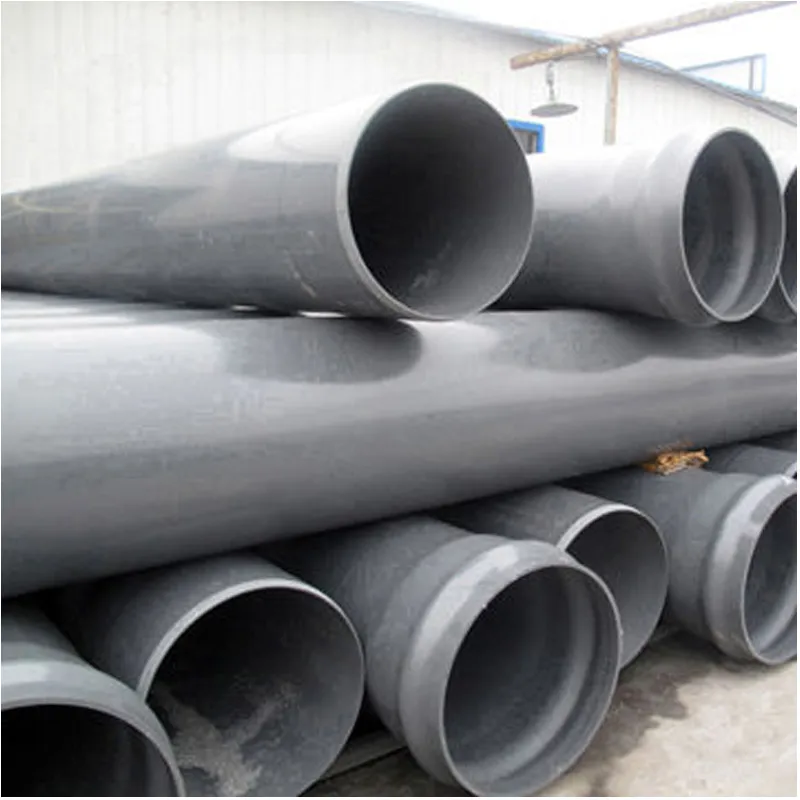
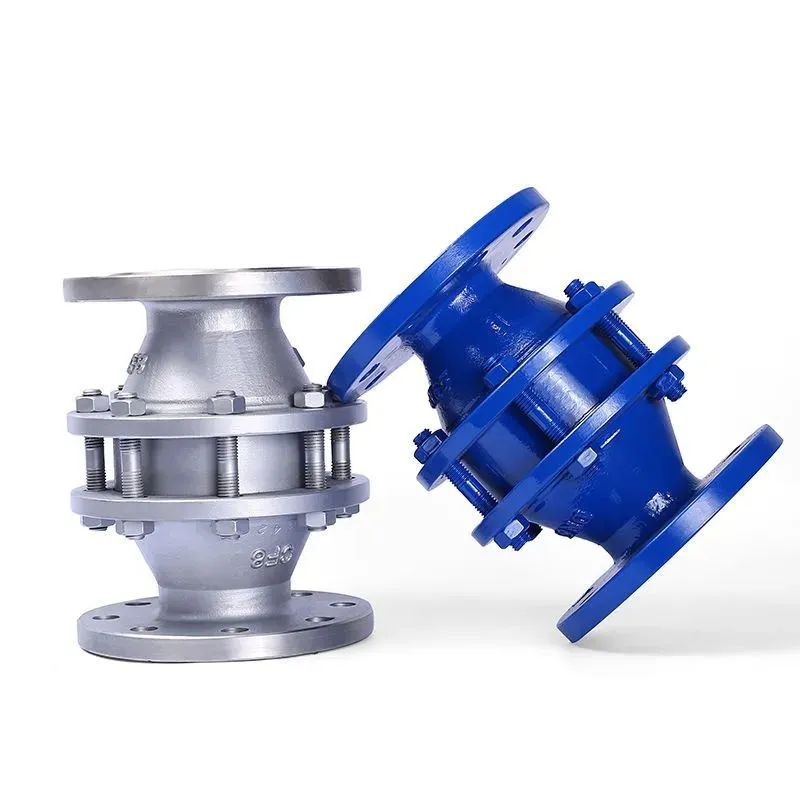
629.webp)
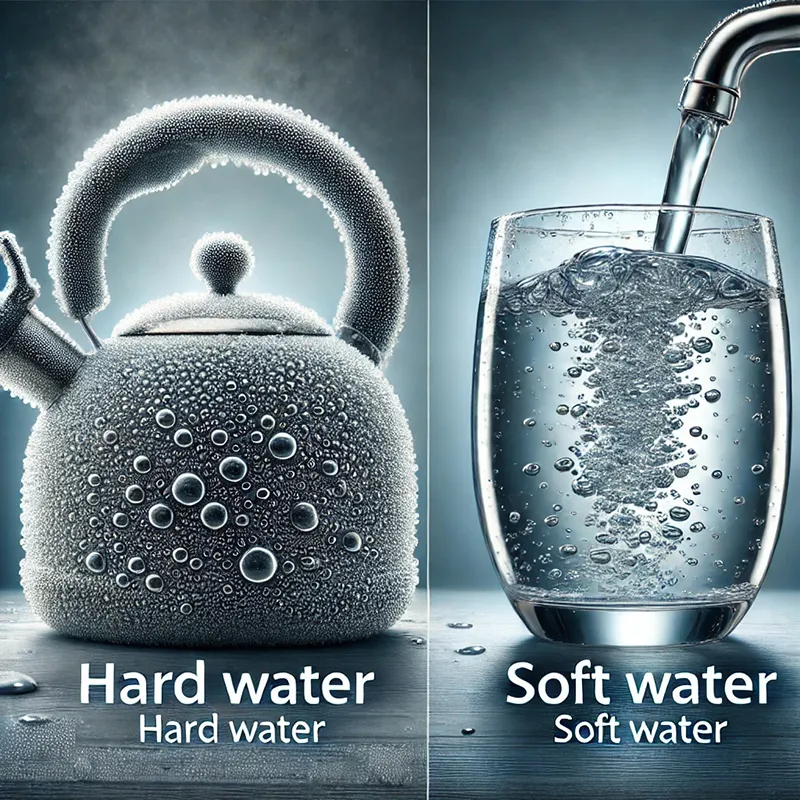
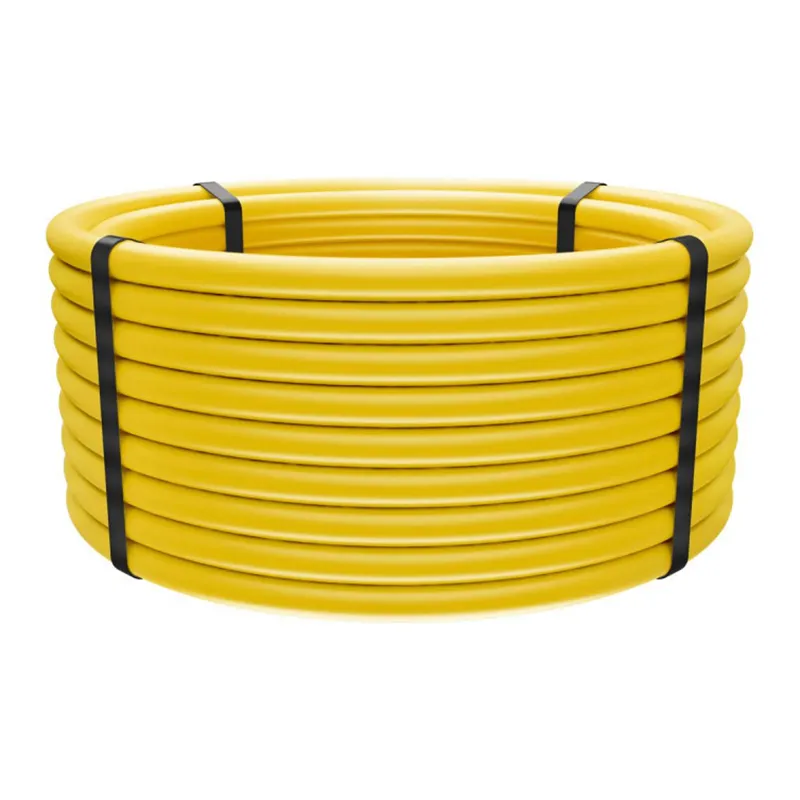
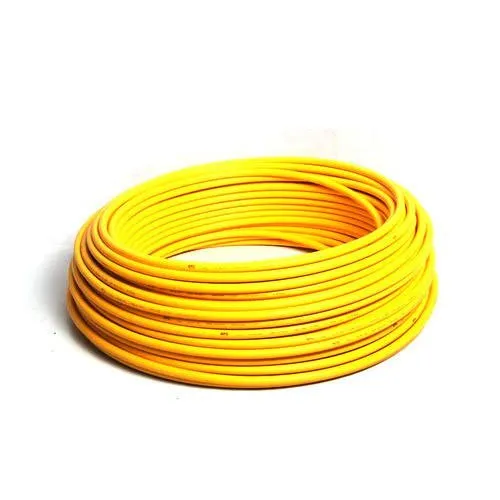
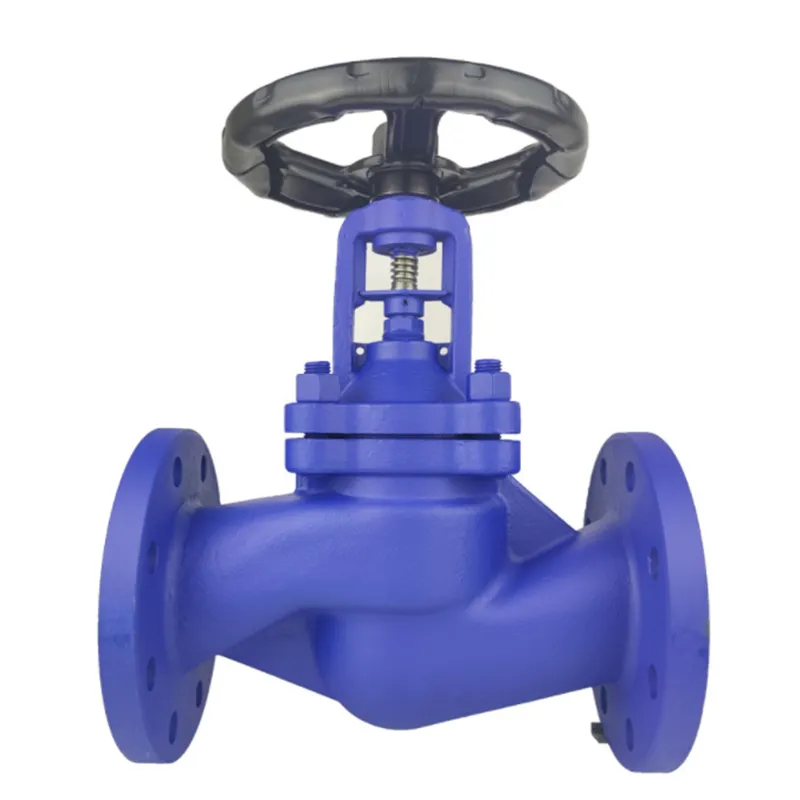
294.webp)
476.webp)
420.webp)
146.webp)
460.webp)
287.webp)
274.webp)
688.webp)


